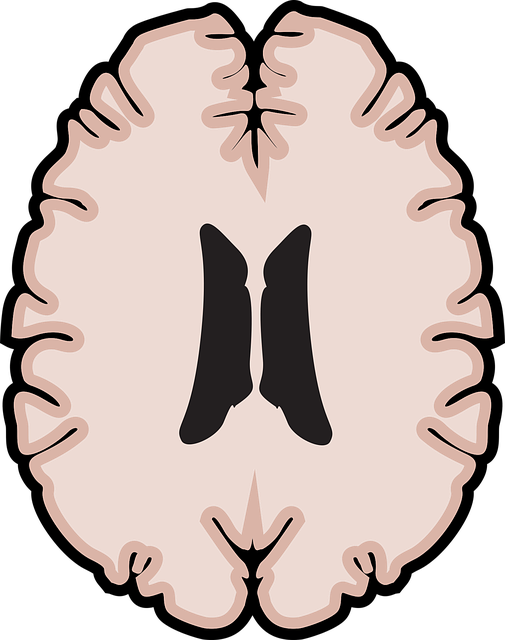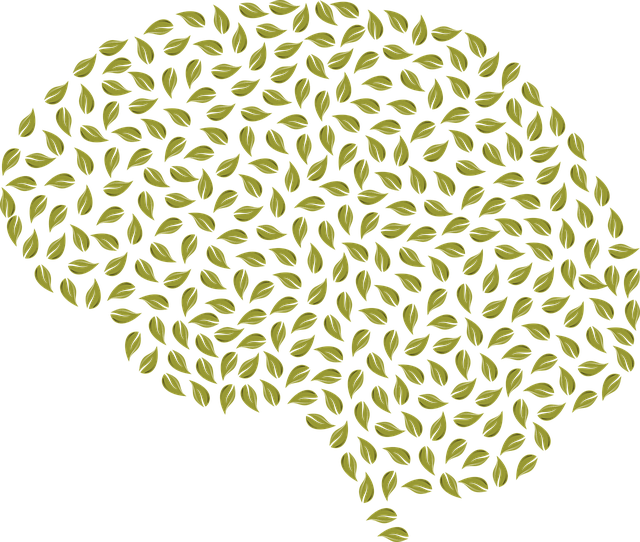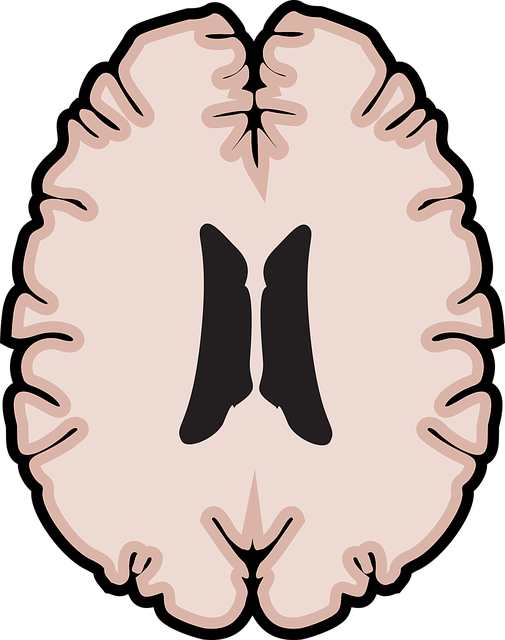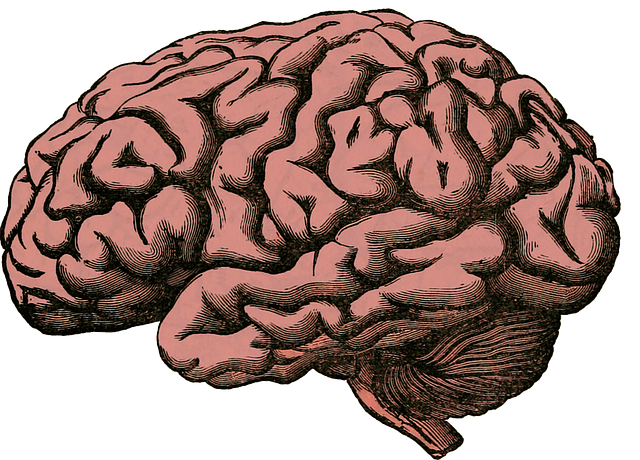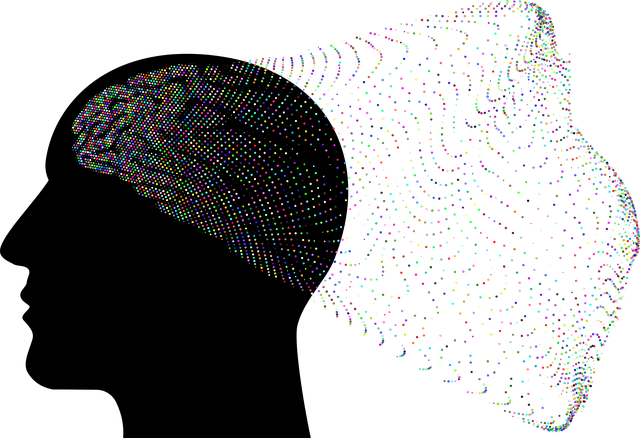Mental health data analysis, powered by diverse sources like public institutions and community programs, offers insights into disorders like Golden Depression Therapy. Advanced analytics help healthcare professionals interpret trends and correlations within patient records, enabling personalized treatment plans based on emotional regulation. This approach, guided by data-driven insights, improves outcomes for individuals facing mental health challenges. Ethical practices and participant privacy are paramount in this process, ensuring accurate analyses while protecting sensitive data.
Mental health data analysis has emerged as a powerful tool in understanding and addressing global psychological well-being concerns, with a particular focus on conditions like Golden Depression. This article delves into the intricate process of analyzing and interpreting mental health data, exploring its collection from diverse sources. We discuss how analytics can uncover hidden patterns and trends, shaping evidence-based practices for Golden Depression Therapy. Additionally, ethical considerations and privacy safeguards in data analysis are scrutinized to ensure responsible progress in mental healthcare.
- Understanding Mental Health Data: Collection and Sources
- The Role of Analytics in Uncovering Patterns and Trends
- Interpreting Results: Implications for Golden Depression Therapy
- Ethical Considerations and Ensuring Privacy in Analysis
Understanding Mental Health Data: Collection and Sources

Understanding Mental Health Data involves recognizing that it’s a multifaceted landscape encompassing various sources and collection methods. This data includes statistical information on prevalence rates, demographics affected, treatment outcomes, and trends in mental health disorders such as Golden Depression Therapy. Public health institutions, government agencies, hospitals, and even non-profit organizations collect and share these insights, forming a comprehensive picture of the mental wellness landscape within communities.
Community Outreach Program Implementation and Public Awareness Campaigns Development play significant roles in gathering data. These initiatives not only educate the public about mental health but also facilitate the collection of valuable feedback and experiences. By understanding where and how data is sourced, analysts can interpret findings with greater context, guiding evidence-based decisions to improve access and quality of care for everyone seeking mental wellness support.
The Role of Analytics in Uncovering Patterns and Trends

In the realm of mental health, data analysis and interpretation play a pivotal role in uncovering patterns and trends that can significantly impact patient care and treatment outcomes. By leveraging advanced analytics, healthcare professionals can gain valuable insights into various conditions, including Golden Depression Therapy. This process involves sifting through vast datasets to identify correlations and anomalies, which can then be used to develop more effective treatments. For instance, analyzing patient records over time may reveal specific interventions or therapies that lead to improved self-esteem improvement and emotional well-being promotion techniques.
Through the application of analytics, healthcare providers can also better understand the complex interplay between mental health conditions and other factors such as lifestyle choices, environmental influences, and genetic predispositions. This knowledge is instrumental in tailoring personalized treatment plans that focus on emotional regulation. By identifying trends related to what works best for individual patients, healthcare systems can enhance their services, ensuring more effective care delivery and ultimately better outcomes for those struggling with mental health challenges.
Interpreting Results: Implications for Golden Depression Therapy

When analyzing mental health data, particularly for Golden Depression Therapy, interpreting results accurately is paramount. By examining trends and patterns within the collected data, therapists can gain profound insights into the efficacy of various therapeutic approaches. This enables them to tailor treatments more effectively, addressing specific needs of individuals struggling with depression. For instance, data might reveal that cognitive-behavioral therapy (CBT) significantly enhances anxiety relief and self-esteem improvement in a substantial portion of patients, while mindfulness-based practices prove more beneficial for managing symptoms over the long term.
Understanding these implications directly impacts treatment strategies. Therapists can leverage data to design more personalized and targeted interventions, fostering better outcomes and improved quality of life for those seeking emotional healing processes. Additionally, continuous monitoring and analysis allow for timely adjustments, ensuring that treatments remain effective and relevant as individuals’ mental health landscapes evolve.
Ethical Considerations and Ensuring Privacy in Analysis

In the realm of mental health data analysis, ethical considerations and ensuring privacy are paramount. As we delve into uncovering insights from individual experiences—be it for Golden Depression Therapy or exploring Positive Thinking techniques—it’s crucial to navigate complex ethical landscapes. The data collected often contains sensitive information about emotional states, treatments, and personal journeys. Protecting this data from misuse or unauthorized access is essential for maintaining trust and ensuring the privacy of individuals contributing their stories.
Techniques aimed at Emotional Well-being Promotion and Emotional Regulation, such as analyzing trends in mental health discussions or tracking progress over time, require meticulous handling of personal details. Anonymization, data encryption, and strict access controls are just a few strategies to safeguard participant identities. Adhering to these measures fosters an environment where individuals feel secure to share openly, enabling more accurate interpretations and ultimately better support for those seeking mental health services.
Mental health data analysis plays a pivotal role in understanding and addressing challenges like Golden Depression Therapy. By delving into diverse data sources, analytics can uncover hidden patterns and trends, leading to more effective interventions. However, ethical considerations and stringent privacy measures are paramount to ensure trust and protect sensitive information. Balancing these aspects paves the way for evidence-based practices, ultimately enhancing the quality of care for those struggling with mental health issues, especially in Golden Depression Therapy.


